Artificial Intelligence (AI) in education combines computer science, engineering, and psychology into education. AI can improve the effectiveness, efficiency, and quality of education. It is a rapidly growing technology that is changing the face of education. This includes using AI-powered tools such as personalised learning systems, intelligent tutoring systems, automated grading and feedback, and predictive analytics to provide customised student support and improve educational outcomes. The goal of AI in education is to provide students with a more engaging, personalised, and positive learning environment.
AI can potentially bring a range of benefits to the educational sector. AI can revolutionise teaching and learning by improving student engagement and streamlining administrative processes to provide personalised learning experiences. It can help to prepare students for the jobs of the future.
Here are 10 Benefits of AI in Education:
AI technologies enable the benefits of personalised learning by providing students with their needed help. AI-based systems can analyse data and identify individual student needs and the best way to meet them. It helps to tailor instruction's pace, method, and content to the student's strengths, weaknesses, and interests to improve engagement, motivation, and academic performance.
AI has the potential to revolutionise how students learn by engaging them in more personalised and interactive learning experiences. AI can help instructors tailor their instruction to each student's needs without sacrificing the quality of the education they provide. For example, AI-powered virtual assistants can guide students through their coursework at their own pace. and provide personalised feedback. AI can also be used to create interactive online tutorials, providing students with an engaging way to learn new material. Additionally, AI-generated learning resources such as quizzes and games can help strengthen student understanding of topics while making learning more fun and enjoyable.
Another way in which technology benefits K12 students is by providing tailored feedback based on the data collected during learning activities. With AI tools, you can track student progress in real-time and tailor your teaching approach accordingly. AI systems can also use machine learning algorithms to analyse student responses and suggest targeted interventions for areas where support may be needed.
By automating repetitive tasks, such as grading assignments or providing feedback, teachers can free up time to focus on more important aspects of their job. AI tools can also help create a more engaging learning experience for students, increasing satisfaction and motivation.
With AI-powered solutions, teachers can receive real-time information on student progress and areas of improvement. This allows them to provide immediate feedback and address any errors or misconceptions in a timely manner. With such detailed insights, teachers can also create tailored curriculums and lesson plans that best suit the needs of the students. This helps reduce the chances of errors and increase student engagement.

AI can automate many school administrative tasks, such as grading tests, tracking attendance, and managing student information. By automating these processes, schools can save time and money and reduce the workload of teachers and staff.
AI is becoming increasingly valuable for examinations. It can provide students with real-time feedback on their performance and offer personalised study plans tailored to each student's needs. It can also analyse data from multiple sources, helping teachers identify improvement areas and target instruction more efficiently. AI can also detect cheating in examinations by analysing patterns in student responses and flagging suspicious activity for further investigation. AI-enabled systems have the potential to revolutionise the way students are tested and assessed, resulting in better results.
By proactively assessing the digital security of your classrooms, you can identify and address any weaknesses before they are exploited. Analysing how your students log in to class, who is accessing course materials and other associated data, and which devices are being used for learning will give you an understanding of where vulnerabilities may exist. Additionally, it is essential to ensure that any data collected during learning activities is securely stored and protected.
Chatbots powered by natural language processing (NLP) technology can give students 24/7 access to course materials and answer common questions about assignments or topics of study. This level of automated assistance can help reduce the workload on teachers and provide students with timely support when needed.
Automated systems can help you manage your time more effectively by taking care of routine tasks, such as scheduling class times or sending reminders about upcoming deadlines. This will allow you to focus on more critical tasks, such as developing course content or meeting with students.
As AI educational apps become more prevalent, students are presented with an exciting opportunity to learn from chatbot tutors. These interactive programs can be accessed via iPad or laptop and offer real-time math and reading comprehension assistance. Furthermore, these bots have the potential to go beyond teaching - they may even analyse data when it is needed most! Chatbots are the future of all technical roots. It reduces the cycle of tasks assigned to teachers. Classroom chatbots could replace email communication between teachers and parents while parents meet.
Education is witnessing an exciting virtual reality breakthrough! By placing students in a three-dimensional, computer-generated world, educators are discovering innovative methods to incorporate experiential learning into their classrooms. This new technology has completely revolutionised the way we think about what it means to be a student. From teaching history and helping with math skills to providing interactive experiences for kids of all ages - VR is transforming education as we know it. VR is a great way to help students feel connected. When they are indifferent classrooms using the same virtual reality program, they can communicate safely while still being separated by distance. Virtual Reality presents a world of possibilities for both educators and students alike. Its comfort allows learners to investigate matters outside their classroom - even those they may otherwise not have access to. Likewise, teachers can use technology as an invigorating teaching medium that engages students far more than traditional methods! Talking about the future of things, if you are looking for a detailed aspect of Metaverse and Multiverse for kids to understand - visit Metaverse Vs Multiverse: What Should Kids Know About Metaverse?
In this age of technology, it is essential to keep up with the latest educational advancements. One such tool is Learning Management Systems (LMS). An LMS offers a centrally managed and user-friendly online learning platform for managing all activities at school. It can be deployed for many objectives but has proven especially useful for the following:
With these intuitive systems, every course component—from lessons and assignments to assessments and grading—is consolidated into one space. This makes it simple for instructors to instantly provide feedback on any assignment or assessment while students have immediate access to their grades without needing semester-long waiting periods. AI can solve all the challenges faced by 21st-century students.
As Artificial Intelligence technology advances, robotics in education has become increasingly popular and necessary. Robots provide an engaging way to learn for teachers and students alike, enabling them to explore topics more thoroughly without feeling uninterested or overwhelmed. More importantly, robots can offer an excellent opportunity for personalised instruction; they give teachers the ability to have one-on-one time with those who require extra support in their studies. Not only do robots enhance learning experiences substantially, but they also guarantee safety on school campuses as well. It also allows them to experiment with new ways of teaching, which is essential when trying to reach different types of learners. For students, it's a chance to teach themselves something new without the pressure of being the only person in class or having their peers judge them for making mistakes. Teachers can use robotics to teach lessons about current events or complex math topics such as fractions. Robotics has already become a tremendous instructional resource and promises to be even better in the future!
When there are opportunities, there are challenges too. AI may produce new solutions to problems, but some points should be considered before relying on AI for everything you do.
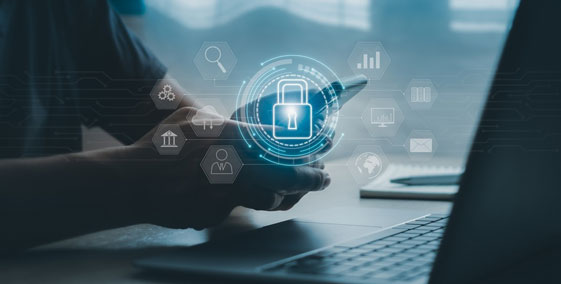
There is a major challenge when it comes to ethical concerns regarding AI. Some societal and ethical concerns should be addressed, data privacy and security are the major concerns. The personal data of users should be protected on preference and it should be collected only on consent.
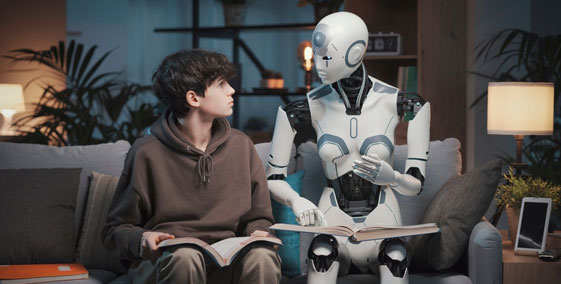
The education system has long been plagued by issues of inclusion and equity. AI in education can potentially exacerbate these problems or help solve them. However, a number of challenges need to be addressed to ensure that AI is used to promote inclusion and equity in education. One of the biggest challenges is that AI is often developed and used by people who are not themselves from marginalised groups. This can lead to a lack of understanding of the issues facing marginalised groups and a lack of empathy for the experiences of those groups. As a result, AI systems can end up perpetuating the inequalities they are supposed to be helping to solve.
Another challenge is that AI is often used to automate decision-making. This can lead to decisions that are biased against marginalised groups, or that need to consider the unique needs of those groups.
Finally, there needs to be more data on many marginalised groups, which can make it difficult to develop effective AI systems for those groups. This data deficit is often a result of a history of exclusion and discrimination against marginalised groups.
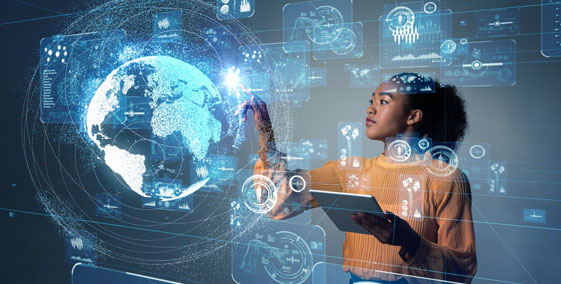
As AI technology continues to develop and become more sophisticated, there is a growing need for teachers who are prepared to integrate AI into their classrooms. However, this challenges teacher education programs, which must keep up with the ever-changing landscape of AI technology. Additionally, teachers must be able to understand how to use AI tools in order to support their students' learning effectively. While there are many potential benefits to incorporating AI into education, it is important that teachers are prepared to meet the challenges that come with this new technology. If you are a teacher, read our take on How AI Will Displace Teachers. The article explores the state of AI in education, its potential, and the challenges it poses for the future of the teaching profession.
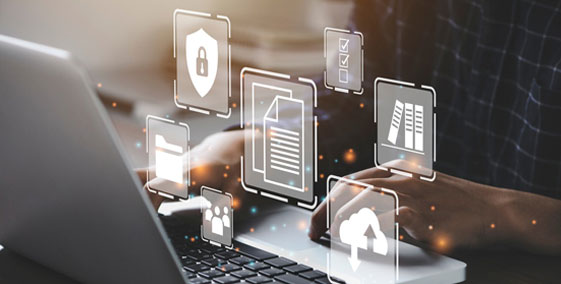
There are many challenges in developing quality and inclusive data systems. One challenge is ensuring that the data collected is accurate and representative of the population. Another challenge is ensuring that the data is accessible to all stakeholders, including decision-makers, policy-makers, and the general public. Another challenge is ensuring that the data is used effectively to inform decision-making and improve outcomes.

A report by McKinsey and Company presented that AI tools have made the enrollment process of colleges easy. It has reduced the admission fees for the students who were not able to afford college education just after the pandemic. AI chatbots provide students 24/7 support that helps them to focus and learn in a better way.
Individualised tutoring is another such example of AI in education. Carnegie learning and Mastery Learning are some AI tools that have made personalized learning easy for students.
Another AI tool called Otsimo has a success story in providing special education to specially-abled kids. We agree every child is different and needs a different kind of learning that goes along with his/her capabilities. It is fair to say that AI has made complex problems that should have been addressed earlier easy.

A generative AI is a technology that has the ability to create a new and realistic visual, textual and animated content. There are many uses of generative AI in education such as:
Personalised LearningAI has taken personalised learning to another level, students are now able to receive education according to their needs and interests. AI generates lessons by analysing a student's capabilities and data.
Course DesignsIt can help to design course structure, syllabi, assignments, lessons etc. It can also help to personalise course material based on students' needs and capabilities.
Virtual classrooms can be generated by AI tools creating an engaging environment for students.
Generative AI has the power to restore old Learning Material like historical pictures, documents, videos so that it is easy for students to learn with engagement.
TutoringGenerative AI can create virtual tutoring environments where students can learn and interact with teachers just like the traditional tutoring classes.
Some AI tools for tutoring include TutorAI, Chatbot, Chatgpt etc.
Chatbots are designed to answer questions which can be asked by students or parents.
The AI tool ChatGpt has the power to transform education and take it to the next level. Everything can be done in a blink of an eye, from writing essays to online tutoring. Let's see how technology can support student success:

There are many benefits of using chatbots for educational purposes. One of the main benefits is that they can prepare children for the future and help them to learn independently. Additionally, chatbots can provide students with a more engaging and interactive learning experience. They can also be used to provide feedback and assessment in real-time, which can help to improve the quality of learning. Chatbots can be a valuable tool for enhancing the educational experience for students of all ages.
ChatGPT is an online messaging platform that enables teachers to connect with their students in real-time. This can be extremely beneficial for both parties, as it allows for a more immediate exchange of information and feedback. In addition, ChatGPT can help foster a more personal connection between teacher and student, leading to improved engagement and motivation. This is needed to adapt oneself for future technology jobs in the 21st Century.
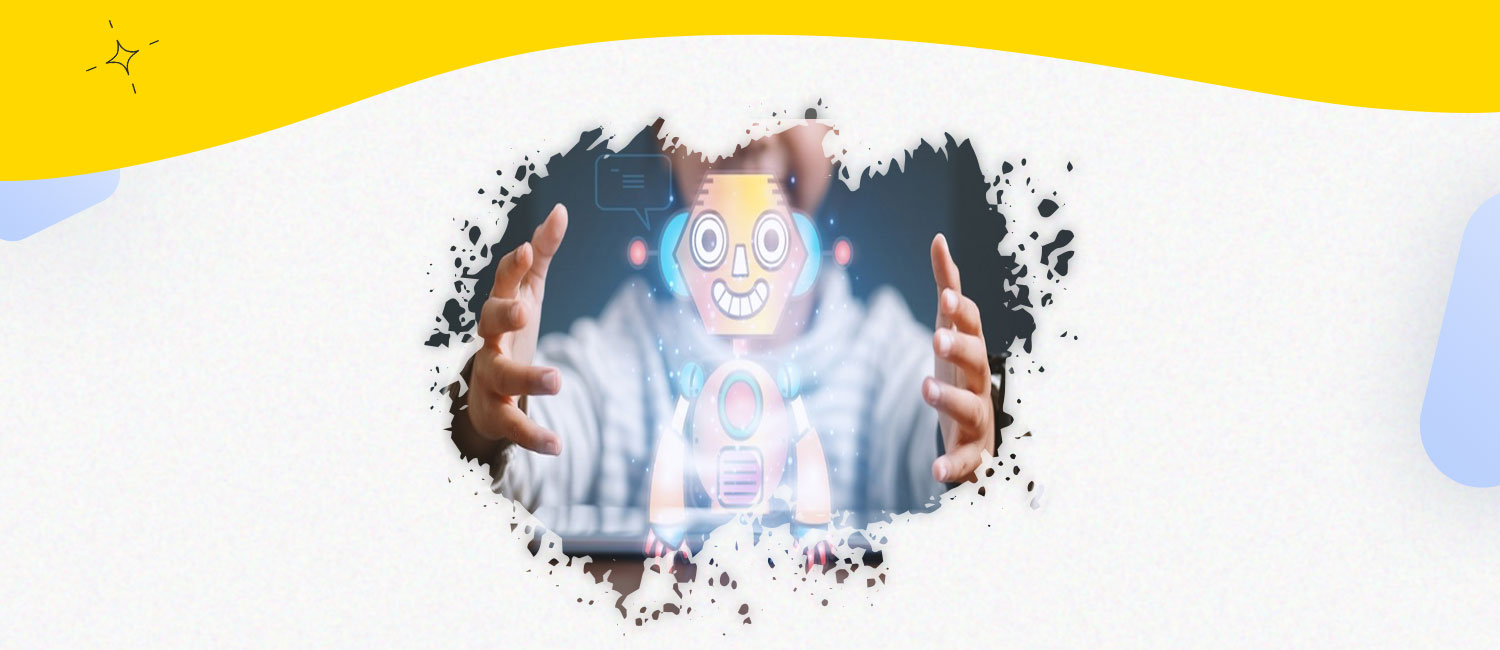
Undoubtedly, artificial intelligence (AI) is rapidly evolving and becoming more sophisticated every day. With the rapid expansion of AI capabilities, businesses and individuals are increasingly looking to AI for predictions about the future.
There are a number of factors that suggest that AI will become even more powerful in the years to come. First, the amount of data that is being generated is increasing exponentially. This data is the fuel that powers AI, and as more data is generated, AI systems will have more material to work with and learn from.
Second, computing power is also increasing exponentially. This increase in processing power is essential for AI systems to be able to handle the large amounts of data they are working with.
Third, AI is becoming more widely adopted across a range of industries. As AI becomes more commonplace, organisations will be more willing to invest in it and its capabilities will continue to increase.
Fourth, machine learning is becoming more sophisticated. Machine learning is a key component of AI, and as it gets more sophisticated, so too will AI.
Finally, the future of artificial intelligence in education is becoming more refined. As AI is used in more and more domains, its capabilities are being honed and improved.
All of these factors suggest that AI is only going to become more powerful in the years to come. Businesses and individuals who are able to harness the power of AI will have a significant advantage over those who do not.
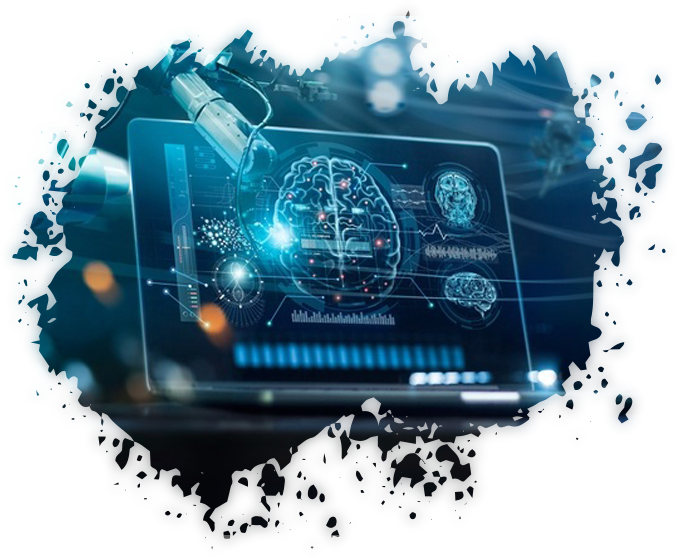
There is no doubt that artificial intelligence (AI) is rapidly evolving and growing more sophisticated every day. With the rapid expansion of AI capabilities, there is great potential for AI to revolutionise education. Already, AI is being used in some schools to personalise learning for students and to provide real-time feedback to teachers.
As AI continues to evolve, there is potential for even more transformative applications in education. For example, AI could be used to create dynamic, individualised learning plans for each student based on their unique strengths, weaknesses, and interests. AI could also be used to develop personalised assessment tools that could provide students with immediate feedback on their progress and areas needing improvement.
Ultimately, the goal of AI in education should be to enhance the learning experience for all students and to help them reach their full potential. With the right applications, AI has the potential to change the future of education and help create a more equitable and effective educational system for all.
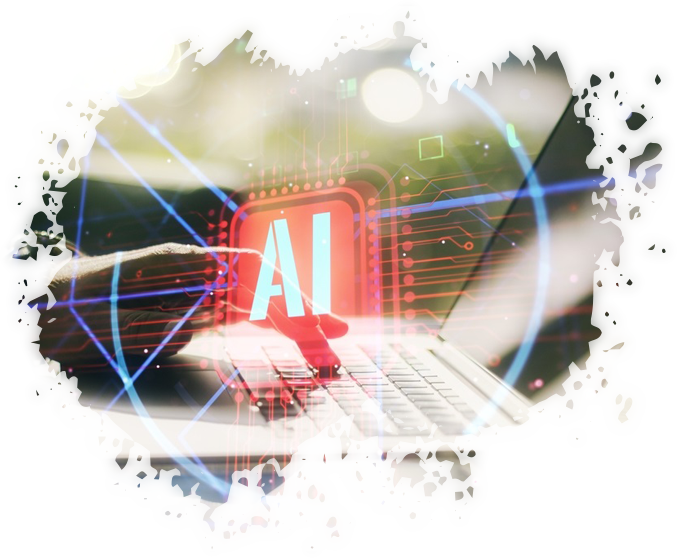
As artificial intelligence (AI) continues to evolve, its potential applications in the field of education are becoming increasingly apparent. AI can potentially be used to personalise learning experiences, adapt curriculum to individual needs, and provide real-time feedback to students. In addition, AI can be used to create virtual teaching assistants and intelligent tutoring systems. As AI technology advances, the potential for its use in education will likely increase.
Also, read - Future Trends in Education and How 21K is Paving the Way.
The potential of AI in education is vast. It offers an innovative online learning experience like no other. AI can help personalised learning at scale, make educational content more engaging, and provide new insights into students' learning. However, AI is still in its early stages, and many challenges must be addressed before its full potential can be realised. With the right investment and research, AI has the potential to bring significant changes in K12 education and help every student reach their full potential.
The education system is changing, with new personalised teaching and learning experiences that will change the face of education forever. Imagine a world where students are able to learn at their own pace instead of being conformist members in an assembly line-type environment. 21K School spearheads this revolution of making transformational education available to children globally. Visit to know more: The Future of Education is Here! | 21K School Transforming Education


We are here to help you...